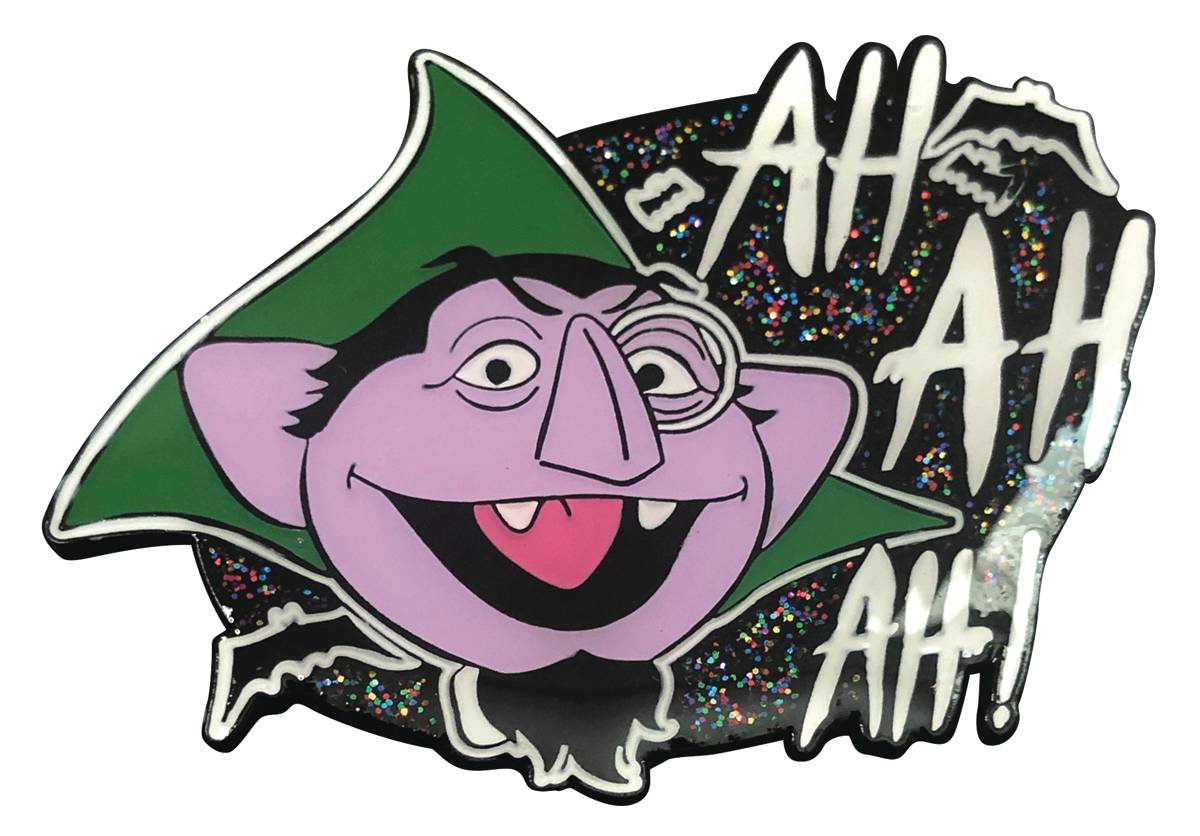Washing Machines are girls for some reason… sme as dryers
Isn’t machine female? La machine
“La machine à laver,” or “la laveuse”
But not all machines are X machine, some have specific names that could be either gender.
In France, “lave-linge” and “machine à laver” are equally common. The first is masculine and the second feminine. For dryers, “sèche-linge” is definitely most common, and is masculine. Of course this might be very different in Quebec or other french-speaking regions.
Just to confirm for people who don’t know it’s not the actual physical object that has a gender but the word
Un baguette, une baguette, le la.
Il y a un truc qui peut vous servir dans cette situation là.
Dites juste deux baguettes.
C’est un peu plus cher mais en tout cas, il vaut la peine et vous aurez deux baguettes à la fin.
A baguette, a baguette, the a.
There is a trick that can help you in this situation.
Just say two baguettes.
It is a little more expensive but in any case, it is worth it and you will have two baguettes at the end.
I don’t think the translator worked that well here, but I think it makes it funner lmao
Hey that`s my actual french!
Take a look at the first sentence in english.
It can be both ! You can either call it “un lave-linge” or “une machine à laver”.
Yeah, it would be nice if people stopped assuming it gender.
My native language is gendered but I still don’t always know how I’m supposed to talk about male members of a species with a feminine name or vice versa.
“A person by the name of Mary was…” “Person” is masculine. Mary can hear me and I don’t want to offend her. “Was” has a masculine and a feminine form.
I think the masculine form of “was” would be technically correct, but then do I have to use masculine pronouns? “A person by the name of Mary was there and he…” The real answer is to rephrase what I said to avoid awkward grammar.
i thought gendered languages had two genders for words like “person” so you could make the swap when the gender is known
e.g. un person / une personne
Not always, no. In French, “a person” is “une personne”. It’s a feminine noun — always feminine — and it’s perfectly fine to use it for a man, because what matters here is the gender of the word itself. “An individual” is “un individu” — always masculine, even of the individual in question could be a man. A sentry is “une sentinelle”; it’s a feminine word, even though most sentinels are probably men, considering the gender ratio in the army. This dude is une sentinelle. If you add adjectives, you would use the feminine form so that it matches the word sentinelle: “a sleepy sentry” is “une sentinelle somnolente”.
That said, many (most?) words refering to human beings have feminine and masculine versions. That’s the case for most job names. The baker = le boulanger / la boulangère. The mailman = le facteur, the mailwoman = la factrice. Those words often have an ending that signals the gender (-teur is obviously masculine, -trice the feminine equivalent). Some job names are identical for both genders, but with different articles depending on the gender of the worker you’re talking about: for example the despicable Élisabeth Borne is une ministre, and the spawn-of-hell Bruno Retailleau is un ministre. Words that describe family relationships are mostly gendered too (le cousin / la cousine).
“A wasp” is “une guêpe”. It’s feminine for male as well as for female wasps, although you can add “mâle” or “femelle” if you need to be more specific. “How to recognise a male wasp?” translates as “Comment reconnaître une guêpe mâle ?”, whereas the sentence “Comment reconnaître un guêpe mâle ?” is a blatant grammatical error that no native speaker would make, because the word “guêpe” is of feminine gender, even if the specific wasp you’re talking about happens to be a male.
Some species have different words for male and female specimens. “A sheep” is “un mouton” (masculine). A male sheep would be called “un bélier” (masculine), a female sheep “une brebis” (feminine). If I say “un bélier”, you know that I’m talking about a male sheep, but if I say “un mouton”, you can’t know whether it’s male or female, despite the fact that the word is grammatically masculine. “A cat” is “un chat” (masculine). A female cat is “une chatte” (feminine), but it would be fine to call a female cat “un chat” (masculine) too, because it’s the generic name for the species. In fact, some people make a point of always calling female cats “un chat” because une chatte is also slang for female genitalia.
Sorry for the block of text, and congratulations if you’ve read this far. :-)
Edit: Why did I write all of this on a two-month old post.
I deliberately picked an example where there isn’t (or I don’t know) a feminine version. Most words that I can think of for various categories of people do have two genders, although in many cases the feminine version sounds awkward to me, a little like the “trix” suffix does to English speakers.
(Also, the male default sometimes makes using the feminine version of a word sound like you’re deliberately emphasizing that you’re referring specifically to women as opposed to simply talking about someone who happens to be a woman.)
And if yo get it wrong you’ll be forever banned from blahaj.
mistakes = ok
purposefully using the wrong pronoun = not okis it that difficult? I don’t understand why you’re so upset about a gender diverse instance enforcing their rules 🤷♀️
Can we not bring these stupid, lazy jokes into Lemmy please?

SEND THAT CUNT BACK TO HELL FROM WHENCE IT CAME
Telefrancais haunted my nightmares so badly as a child
The word for potato is my favorite. It’s so fancy and English just calls it a potato.

My highschool french class always loved the word for “squirrel”, “pomegranate”, and of course the ever popular “seal in the shower” combo for extra fun.
to be fair, that’s a modern take. in antiquity it was so ignoble it was given the generic name for a fruit/vegetable.
a modern version might be more akin to “dirt thing”
Potatoes weren’t introduced to europeans in the antiquity
I meant it colloquially - like a long time ago - but fair point. More accurately, it was introduced about 100-150 years before there was a linguistic trend for fruit to be called fruit and not apples.
In Hebrew, the word for “stone” is male-sounding while grammatically female, and the word for “rock” is female-sounding while grammatically male, you know, for simplicity.
Doesn’t it depend on if it’s a top load or bottom load model?
I think power bottom loaders are a thing now
These days with everything being LGBTQIAOMGWTFBBQ++++++++, no, not even remotely.
My washing machine is only A+++
Very very very asexual?
*Aromantic
Your washing machine still tosses (clothing) salad on a regular basis.
A machine in french is feminine. It come from latin machina (μαχανά in Greek) which is feminine (-ina suffix is feminine). Washing is just a verb so it have no influence on the “gender”.
A washing machine -> Une machine à laver
Close but wrong. It’s because washing is feminine.
Sadly true, Its like an on pourpouse languaje setting
All those years of school and lecturing from my teachers only to discover it was all lies… thank anyway I guess.
What do you thin? It’s conceptually a hole that gets wet!
What about a dryer?
It’s conceptually Ben Shapiro’s wife.
Exactly. Masculine
Kinda sad Alpha Ben has never heard the squishy sounds of making love to a woman.
Ur mom!
Fake. If that was me, those baguettes would be gone within 0.3 nanoseconds.
Reminds me of the time when I forgot if the Latin word for bedroom is -a or -um… (it was cubiculum btw, apparently all rooms are gender neutral)
Foreign language classes in high school creates gender abolitionists
It’s all a construct!
It certainly fuels the flames.
Once you start asking why the hell the french have to gender everything, you start asking why we have to gender anything.
Teacher: Time for the French, get your berets!
“Mark, please pass out the baguettes to the class. Only take one!”
I’m le tired
Have a nap, then
fire ze missileshand out ze baguettes!

Achctually in french they write ah ah ah.
Very disturbing.












